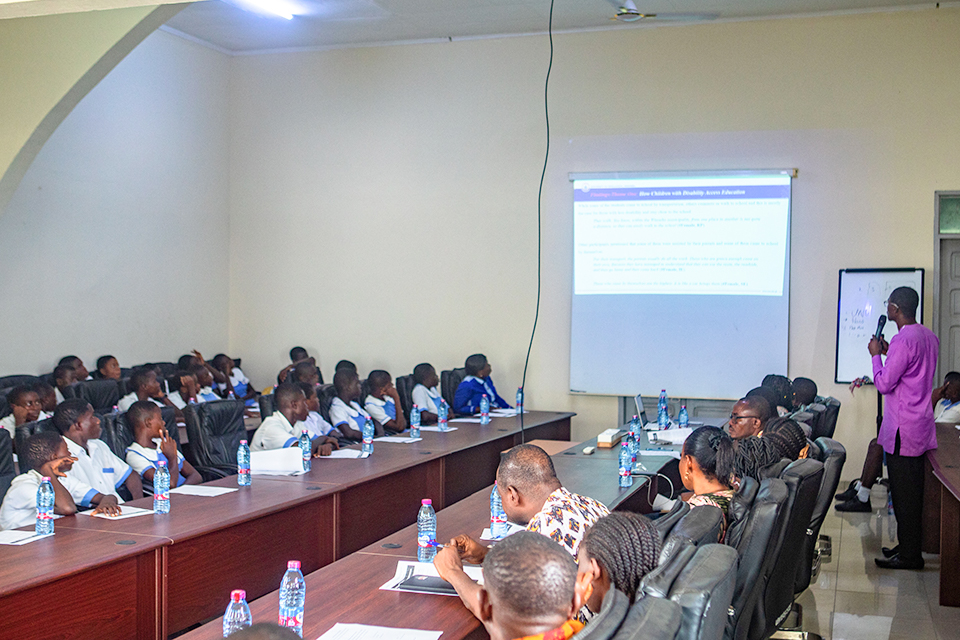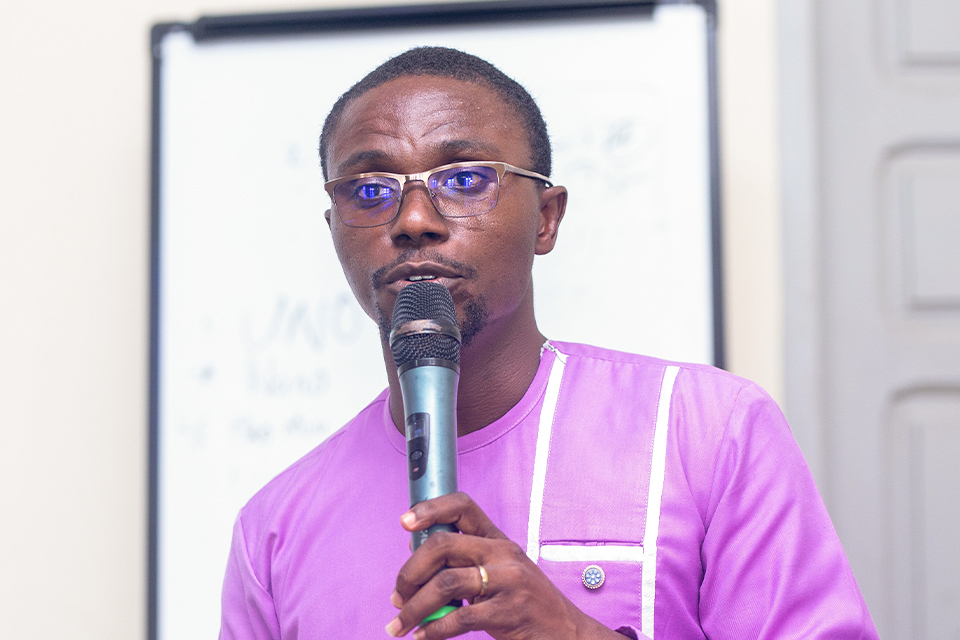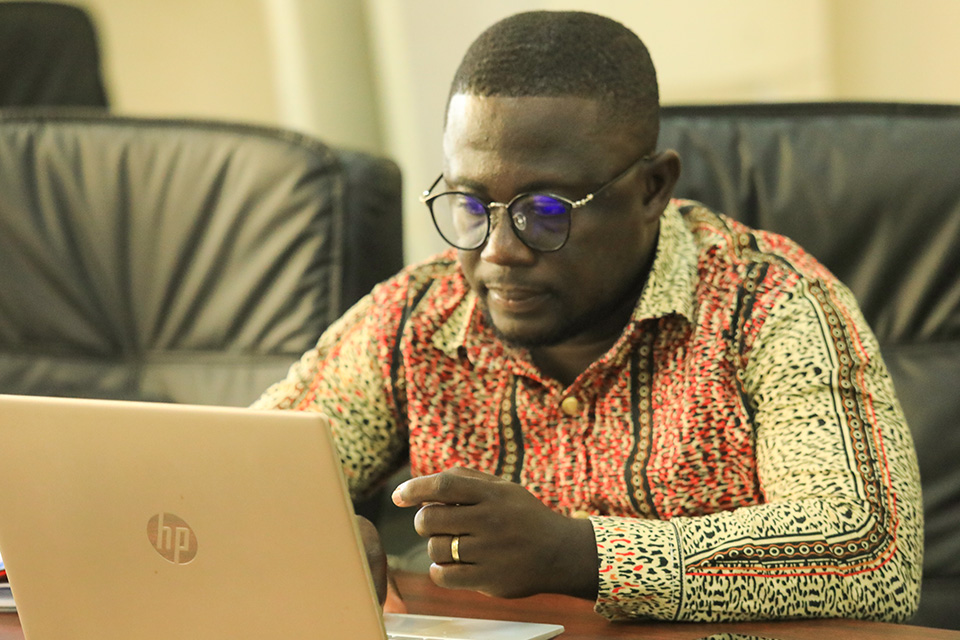NCRIBE Research Explores Disability Education Barriers in Winneba

A new study conducted by the National Centre for Research into Basic Education (NCRIBE), under the Institute for Educational Research and Innovation Studies (IERIS) at the University of Education, Winneba (UEW), has brought to light significant challenges facing children with disability in accessing equitable education in Winneba.
Presenting the findings during a dissemination seminar held at the IERIS Conference Room on Tuesday, 20th May, 2025, Dr. Andrews Acquah, a research fellow at IERIS, detailed the outcomes of a qualitative phenomenological study that explored the lived experiences of inclusive and special education teachers along with Ghana Education Service (GES) resource personnel.

The study revealed troubling disparities in educational access. According to Dr. Acquah, irregularities in the School Feeding Programme have contributed to poor school attendance among children with disability, particularly in special education institutions. "When meals are not provided, many children simply remain at home," he explained.
While some schools were reported to have physically accessible infrastructure, the absence of critical assistive technologies—including mobility tools and specialised learning aids—continues to undermine inclusive teaching efforts. Teachers often compensate with improvised materials such as communication boards to facilitate interaction.
The research also highlighted the psychological and social challenges parents face. Many struggle to accept their child’s condition, often delaying school enrolment due to stigma or fear of social rejection. In some cases, disabilities are concealed until they become visibly evident.
Teachers, too, operate under difficult conditions, citing a lack of infrastructure, exclusion from essential feeding programmes, stigmatisation and a shortage of trained sign language interpreters and communication tools.

Despite these challenges, Dr. Acquah noted that educators have developed innovative coping strategies including the adoption of all-inclusive teaching techniques, increased parental engagement, individualised instruction in the mornings and the cultivation of strong emotional bonds with learners to enhance classroom trust and interaction.
Dr. Acquah issued a number of key recommendations. He urged the Effutu Municipal Education Directorate to ensure that children with disability are actively included in the School Feeding Programme. He also recommended that the Ghana Education Service (GES) organise annual sensitisation workshops to help parents come to early acceptance of their children’s disabilities.
Further, Dr. Acquah called on UEW to expand its training and deployment of Special Education teachers while encouraging GES to prioritise the recruitment of professionals with expertise in special education. He also advocated for the establishment of a collaborative framework involving the GES, Ministry of Education (MoE) and the Ghana Federation of Disabled Persons’ Organizations (GFDPO) to improve school infrastructure and the provision of assistive learning resources.
The seminar affirmed UEW’s commitment to promoting inclusive education and using evidence-based research to drive educational reform and policy advocacy at both local and national levels.












